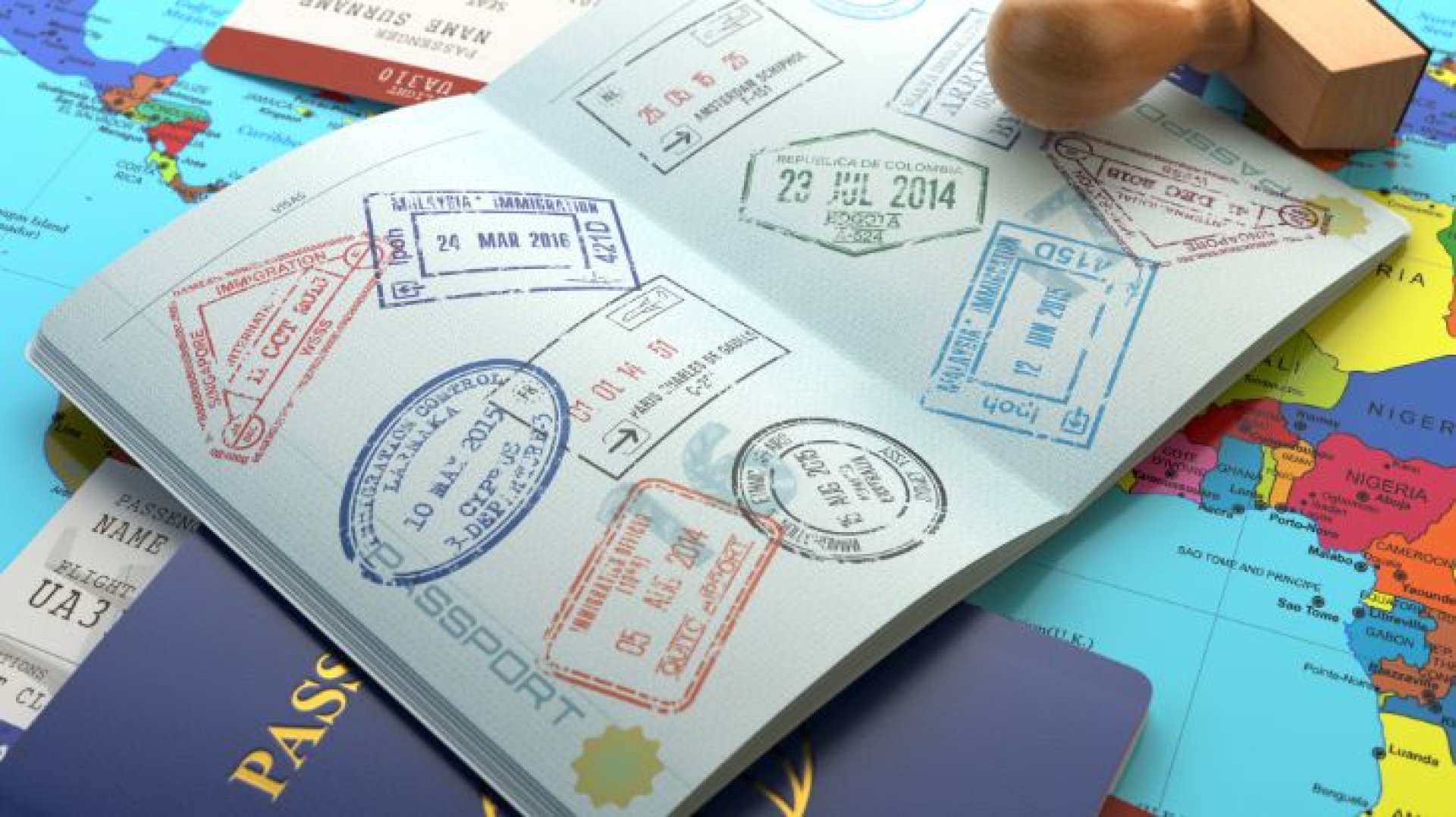Legal Stay in Thailand: Visa Types & Tips
Last updated: 8 May 2025
2083 Views

How to Legally Stay in Thailand: Visa Types and Requirements
Thailand is a beautiful country that attracts millions of foreign visitors each year. Whether you're here for vacation, retirement, business, or to be with family, it's important to understand the visa options available and how to stay in the country legally.
Common Visa Types for Foreigners in Thailand
Tourist Visa (TR)
Non-Immigrant Visa (Category "O", "B", "ED", etc.)
Elite Visa
Retirement Visa (O-A, O-X)
Visa Extensions
Most long-term visas can be extended at the Thai Immigration Office.
️ Important Reminders
Thailand is a beautiful country that attracts millions of foreign visitors each year. Whether you're here for vacation, retirement, business, or to be with family, it's important to understand the visa options available and how to stay in the country legally.
Common Visa Types for Foreigners in Thailand
Tourist Visa (TR)
- Valid for 60 days (extendable for 30 more days)
- Not allowed to work
- Popular for short-term visitors
Non-Immigrant Visa (Category "O", "B", "ED", etc.)
- O for retirement, marriage, or staying with Thai family
- B for business and employment
- ED for studying or training
- Usually valid for 90 days, but extendable
Elite Visa
- Long-term visa (520 years) with special privileges
- Requires membership fee starting from 600,000 THB
Retirement Visa (O-A, O-X)
- For persons aged 50+
- Must show financial evidence (800,000 THB in Thai bank or monthly income of 65,000 THB)
- Renewable annually
Visa Extensions
Most long-term visas can be extended at the Thai Immigration Office.
- Application fee: 1,900 THB
- Required documents: passport, TM.7 form, photo, proof of address, and financial proof
️ Important Reminders
- Overstay: Staying after your visa expires is illegal and leads to fines or bans
- Work without a permit: Even volunteer work may require permission
- 90-Day Report: Long-term visa holders must report their address every 90 days (can be done online, by mail, or in person)
Related Content
Child adoption in Thailand facilitates the legal transfer of parental responsibilities from biological parents to adoptive parents.
20 May 2024
Yellow House Book (Tabien Baan - Tor Ror 13) Service for Foreigners in Thailand
10 Apr 2025
Thailand’s e-Service Tax requires foreign digital providers to register VAT 7% on sales over THB 1.8M to Thai users.
2 Sept 2025


